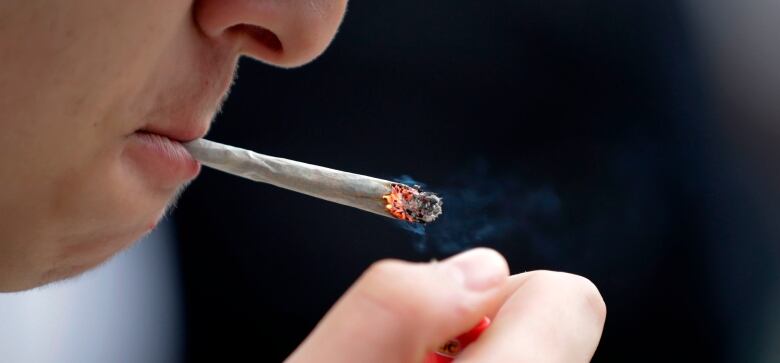Universities putting finishing touches on campus cannabis policies
Post-secondary institutions erring on the side of caution when it comes to pot on campus.

Universities are a place for higher learning, but officials are trying to avoid students getting high while trying to learn, once cannabis legalization comes into effect next month.
At KwantlenPolytechnic University, Jane Fee, vice provost for students, says the rules still need to be finalizedand put through a consultation process, but it's likely none of the four campuses will permit smoking or vaping.
"The idea will be that you shouldn't be in class or you shouldn't be at work if you are impaired in some way, either by alcohol or by cannabis or some other illegal drug," said Fee at the school's Surrey campus on Tuesday.
"Earlierthis year, we released our smoke-free policy at KPU," she said, adding that "plant-based" was specifically included to address the issue ofmarijuana.
KPUhas emerged as a sort of cannabis education leader, offering three online courses to prepare people for the industry.But that doesn't mean consuming the plant will be permitted anywhere within the administration's reach.
For many students starting a new semester at the Surrey campus, the prohibition makes sense.
"I hope on campus that it's prohibited just like smoking is," saidAnjali Sharma."I also hope nobody comes to class with it, because that can be all over the place."
"I don't like it,"Andrea Vanderleestsaid of cannabis. "It shouldn't be here."
"I think it should be the same rules as smoking tobacco," saidAsher Sacks. "I don't think it should be on a campus of learning."

But some students seemed more open to the idea of a little legal weed at KPU.
"It doesn't really bother me. It's so common now. It's all around," saidSydney Weeks, adding that it probably wouldn't make much sense for people to go to class high.
"I think there should be a good place for [it], maybe like a smoke pit, or a designated place for people to smoke," said Azeem Begg, who also noted that it would be best indulged in after classes are done for the day.
According to John Woodward, the KPU administration should jut take a hands-off approach.
"I think they should just completely let up on it. I mean, it's going to be legal everywhere else. I don't see a problem with it being on campus," saidWoodward, who acknowledged that the smell bothers some people, so he promoted the idea of a designated cannabis smoking area.
At other universities in the region, the question of how to manage legal pot is still up in the air, with the exception of BCIT.
There, the school will take a "zero-tolerance" approach.
BCITStudent Association president Timothy David said the cautionary approach is based on the type of programs the institute offers.
"It's pretty clear why. A lot of our students deal with heavy machinery, equipment," said David. "We just can't have it happen here on campus."
"The entire policy is really just meant to protect the safety of our students," he said.
At the University of British Columbia, officials won't say what their plan is until the Board of Governors has approved the plan and it's opened up for community consultation.
Simon Fraser University administration, likewise, hasn't finalized a plan.
"We are currently awaiting direction from the provincial government on legislative changes regarding cannabis for the province," said SFU spokesperson Justin Wong.
"We are concerned about the use of any substance that may impair the ability of students, faculty or staff to learn, study, teach, conduct research or work," said Wong in a written statement.
Follow RaffertyBaker on Twitter: @raffertybaker












_(720p).jpg)


 OFFICIAL HD MUSIC VIDEO.jpg)
.jpg)



























































































